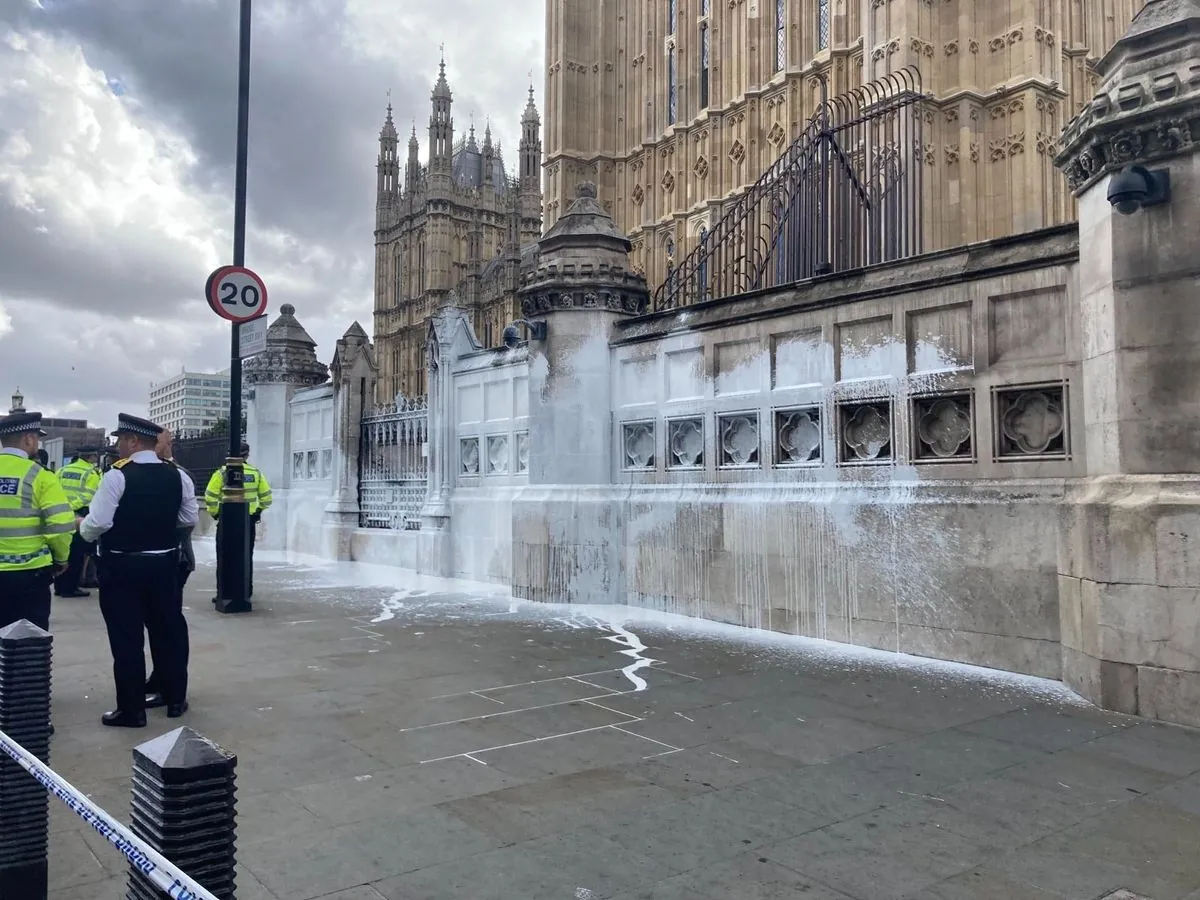UK's Arms Export Suspension to Israel Sparks Debate on Foreign Policy
The UK government's decision to suspend arms export licenses to Israel has ignited controversy. Critics argue it undermines support for Israel, while others debate its implications for British foreign policy and national identity.

The UK government's recent decision to suspend arms export licenses to Israel has sparked a heated debate across the nation. This move, announced on September 3, 2024, has drawn criticism from various quarters, with some viewing it as a misguided step in the complex Israel-Hamas conflict.
David Lammy, the Foreign Secretary, cited concerns about potential violations of international humanitarian law as the reason for the suspension. However, critics argue that this decision fails to acknowledge the ongoing threats faced by Israel, including the recent tragic discovery of Israeli hostages found dead after 330 days in captivity.
"For the first time in my life I feel ashamed to call myself British."
This sentiment reflects a broader discussion about national identity and pride in British history. Recent data from the British Social Attitudes Survey indicates a decline in pride regarding British history. Some argue that educational institutions and cultural narratives have contributed to this trend by focusing primarily on negative aspects of the country's past.

The debate extends beyond foreign policy to domestic issues such as education and infrastructure. The Education Secretary's proposal to replace Ofsted's one-word classifications with report cards has been met with mixed reactions. While intended to provide more comprehensive information to parents, some question its effectiveness in improving school choice.
In rural areas, challenges persist with broadband connectivity. A recent case highlights the vulnerabilities of new fiber systems, where a small hamlet lost internet and phone services, forcing residents to rely on older copper wire connections.
The article also touches on lighter topics, including nostalgic recollections of multitasking milkmen and creative solutions to wasp problems in cafes. These anecdotes provide a glimpse into everyday British life amidst larger national debates.
Lastly, a poignant account of World War I memorials in Central Macedonia serves as a reminder of often-overlooked historical events. The Commonwealth War Graves Commission, established by Royal Charter in 1917, continues to maintain these sites, preserving the memory of soldiers who fought in lesser-known theaters of the war, such as the Macedonian Front.
As the UK grapples with its role on the global stage and reflects on its history, these diverse topics illustrate the complex tapestry of issues shaping contemporary British society and politics.


































